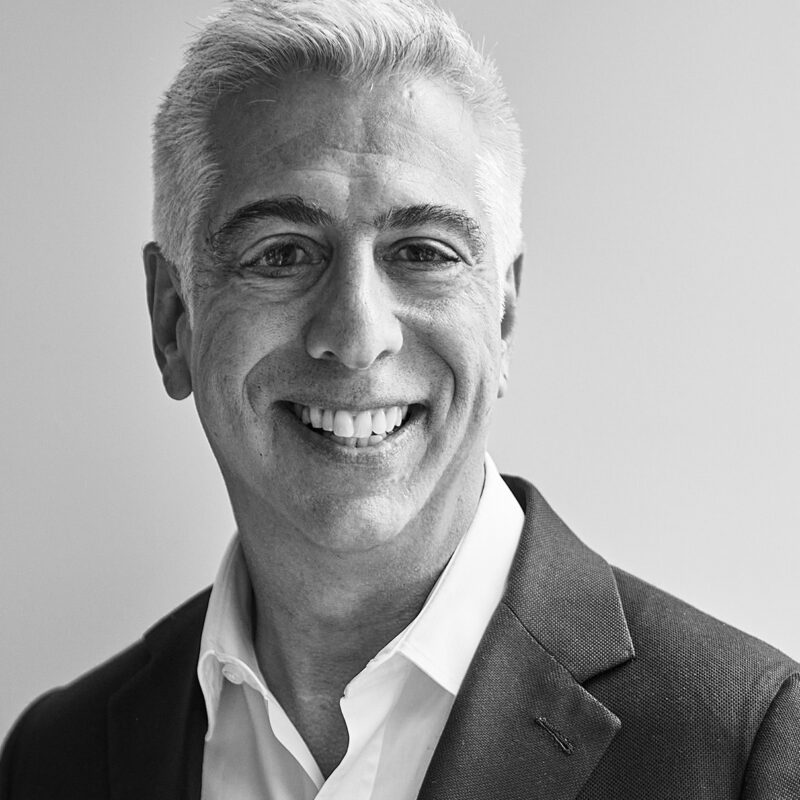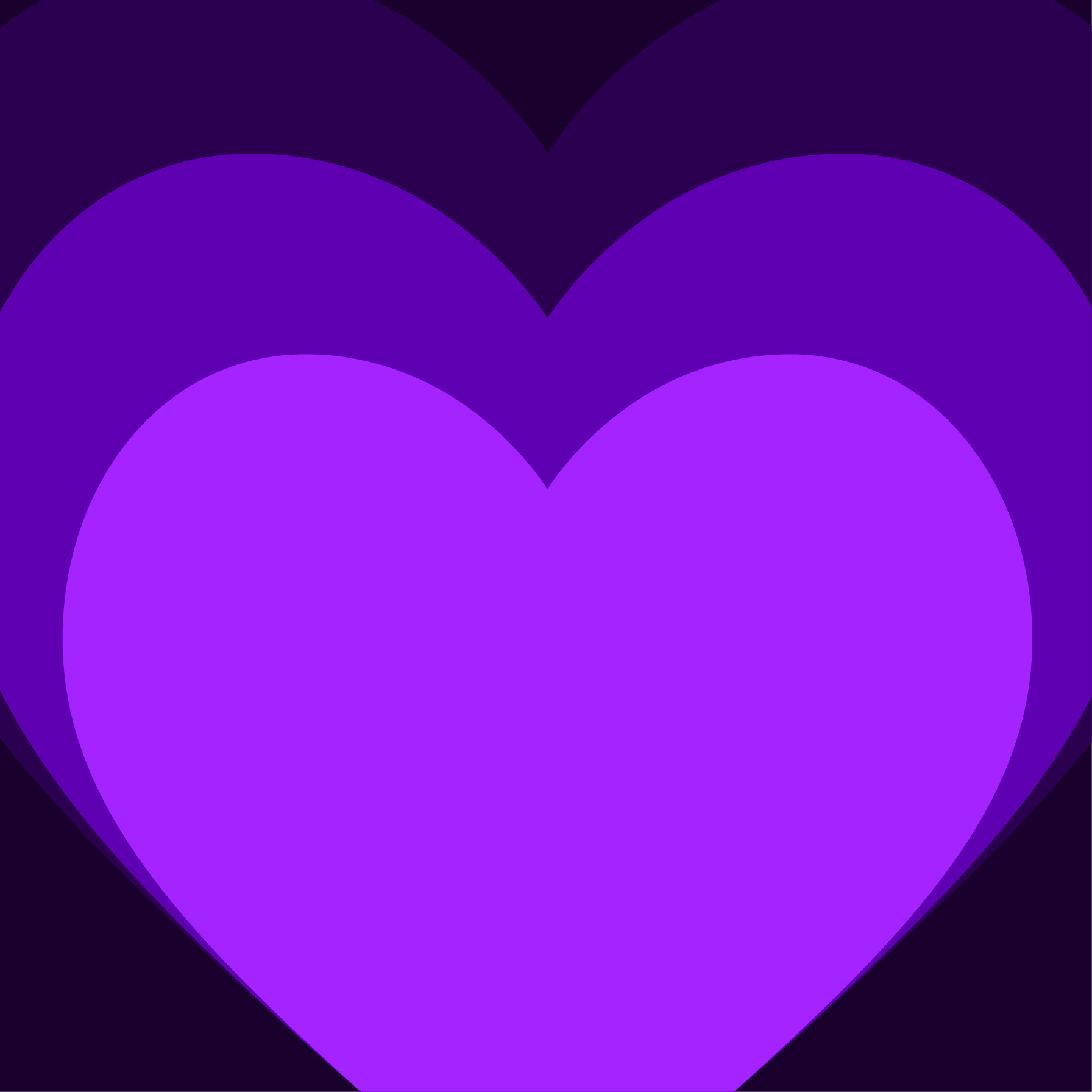Subscribe to Our Newsletter
Welcome to part 2 of our 3-part series on the archetypes of Carl Jung and how B2B brands can apply the 9 most relevant to illuminate their brand identities. We explore what archetypes are, how to identify your brand’s archetype, and how to apply it across the brand experience to connect with the people who matter most.
As we noted in part 1 of this series, brands are similar to people. They’re driven by unique personalities that help create their identities, and identifying who you are in the lives of your customers can both set you apart and inform the most compelling, authentic brand promise—one you’ll fulfill because it’s built upon your greatest strengths.
To help our clients tap into their own archetypes, we’ve developed interactive exercises that guide them through an exploration of the 9 Jungian archetypes most relevant to B2B branding. With each workshop, we challenge participants to think beyond what their brand does and instead consider who it is, asking themselves (and each other):
- How does the brand benefit customers?
- Why do customers pick us over the competition?
- How does the brand make customers feel?
- What drives our employees every day?
These questions can help to identify the archetype (or archetypes) that best encapsulate the role a brand plays in the lives of its customers. We find the results are always enlightening, insightful and even a little surprising.
9 unique ways to define a brand (continued)
We explored the Magician, Hero and Outlaw in part 1. Now let’s explore the wise Sage, pioneering Explorer and optimistic Innocent.
The Sage
Like Yoda preparing a young Jedi, the Sage is a source of wisdom and experience. Viewed as a thoughtful, trusted resource, this archetype promises answers and clarity.
Charles Schwab built its brand around this very idea. Whether meeting with Chuck (the friendly advisor) or Charles (the astute expert), Schwab clients feel confident and informed. More recently, Schwab evolved its brand to encompass the idea of “Own Your Tomorrow,” extending the Sage archetype beyond having the answers. This transformed brand empowers clients to understand and take control of their financial futures.
The Explorer
As the name suggests, Explorer brands have the itch to discover and forge their own paths. Amazon embodies this archetype through every expression of its brand: from a name inspired by vast and exotic river, to its “A to Z” offerings that give customers access to anything and everything with the click of a button.
We helped Cure Violence, a not-for-profit client, recognize its Explorer spirit. Departing from an original approach that was built around fear, Cure Violence works to prevent gang violence by treating it as a health issue rather than a policing issue. The organization engages with and helps its diverse stakeholders—police officers, government officials, and citizens—discover new approaches to an ongoing challenge.
The Innocent
Pure, simple, and optimistic, Innocent brands see goodness in the world. They are dreamers with natural curiosity and vivid imaginations. Happy to their cores, they look to spread that same happiness to their audiences.
Ikea, an Innocent archetype brand, sees the world through hopeful eyes. Its philosophy of “democratic design” is prevalent in everything it does, from functional and affordable furniture to carefully crafted in-store experiences that guide each visitor along the same pathway. The company’s clean, wholesome visual and verbal systems welcome customers and leave them feeling that life can be simple and good.
Identifying and staying true to your brand’s archetype will help you tap into the emotional side of your audiences. It will allow you to create an almost unconscious connection with them that earns trust, inspires loyalty, and drives engagement.
In part 3 of our series, we’ll dig into the three remaining archetypes that we use with our B2B brand clients and explain the value of weaving archetype(s) through every facet of the brand.
Want to discuss how Jung’s archetypes can help you build a brand that differentiates you authentically? Contact us.
Originally published March 10, 2021.



